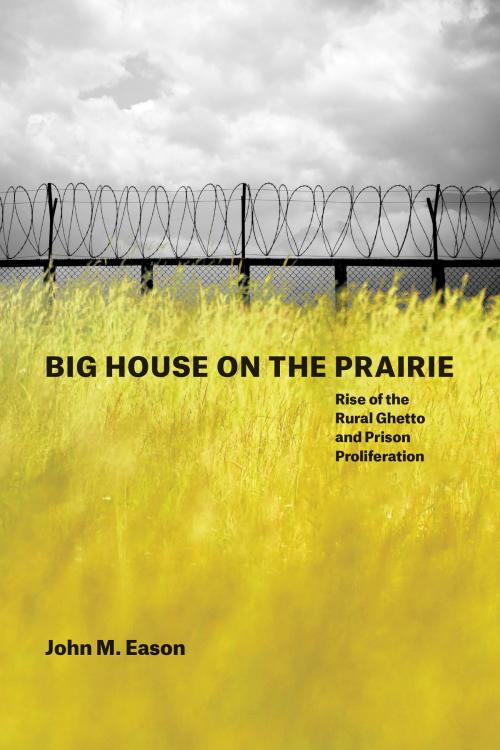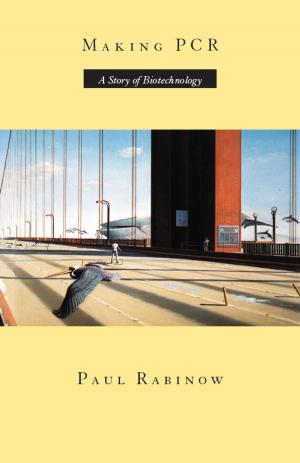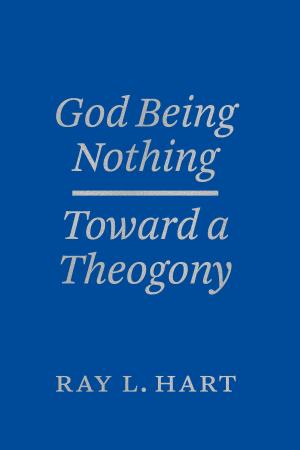Big House on the Prairie
Rise of the Rural Ghetto and Prison Proliferation
Nonfiction, Social & Cultural Studies, Social Science, Sociology, Rural, Crimes & Criminals, Criminology| Author: | John M. Eason | ISBN: | 9780226410487 |
| Publisher: | University of Chicago Press | Publication: | March 6, 2017 |
| Imprint: | University of Chicago Press | Language: | English |
| Author: | John M. Eason |
| ISBN: | 9780226410487 |
| Publisher: | University of Chicago Press |
| Publication: | March 6, 2017 |
| Imprint: | University of Chicago Press |
| Language: | English |
For the past fifty years, America has been extraordinarily busy building prisons. Since 1970 we have tripled the total number of facilities, adding more than 1,200 new prisons to the landscape. This building boom has taken place across the country but is largely concentrated in rural southern towns.
In 2007, John M. Eason moved his family to Forrest City, Arkansas, in search of answers to key questions about this trend: Why is America building so many prisons? Why now? And why in rural areas? Eason quickly learned that rural demand for prisons is complicated. Towns like Forrest City choose to build prisons not simply in hopes of landing jobs or economic wellbeing, but also to protect and improve their reputations. For some rural leaders, fostering a prison in their town is a means of achieving order in a rapidly changing world. Taking us into the decision-making meetings and tracking the impact of prisons on economic development, poverty, and race, Eason demonstrates how groups of elite whites and black leaders share power. Situating prisons within dynamic shifts that rural economies are undergoing and showing how racially diverse communities lobby for prison construction, Big House on the Prairie is a remarkable glimpse into the ways a prison economy takes shape and operates.
For the past fifty years, America has been extraordinarily busy building prisons. Since 1970 we have tripled the total number of facilities, adding more than 1,200 new prisons to the landscape. This building boom has taken place across the country but is largely concentrated in rural southern towns.
In 2007, John M. Eason moved his family to Forrest City, Arkansas, in search of answers to key questions about this trend: Why is America building so many prisons? Why now? And why in rural areas? Eason quickly learned that rural demand for prisons is complicated. Towns like Forrest City choose to build prisons not simply in hopes of landing jobs or economic wellbeing, but also to protect and improve their reputations. For some rural leaders, fostering a prison in their town is a means of achieving order in a rapidly changing world. Taking us into the decision-making meetings and tracking the impact of prisons on economic development, poverty, and race, Eason demonstrates how groups of elite whites and black leaders share power. Situating prisons within dynamic shifts that rural economies are undergoing and showing how racially diverse communities lobby for prison construction, Big House on the Prairie is a remarkable glimpse into the ways a prison economy takes shape and operates.















